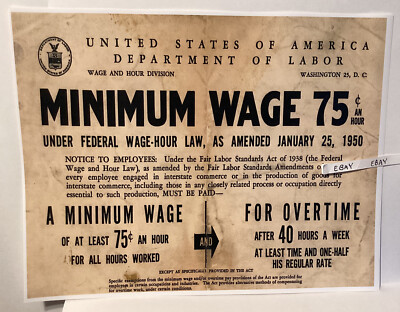The Importance of Minimum Wage in the UK Economy

Introduction
The concept of minimum wage is a vital topic in today’s economic landscape. It refers to the lowest amount that employers are legally obliged to pay their workers. Established to ensure fair compensation and combat poverty, minimum wage laws are crucial for safeguarding employees’ rights and promoting economic equality. As the UK grapples with inflation and rising living costs, understanding the significance of minimum wage is more relevant than ever.
Current Minimum Wage Rates
As of April 2023, the National Living Wage for workers aged 23 and over in the UK is set at £10.42 per hour. Additionally, workers aged 21-22 receive a minimum of £10.18, while those aged 18-20 earn at least £7.49. The minimum wage for apprentices is set at £5.28 per hour. These rates represent an increase from previous years, highlighting the government’s ongoing commitment to improving living standards for low-wage earners.
Impact on Workers and Economy
The introduction and adjustment of minimum wage rates have direct implications for both workers and the broader economy. For employees, a higher minimum wage can lead to improved living conditions, reduced poverty, and increased motivation, as they feel valued for their work. For the economy, boosting minimum wage can stimulate consumer spending, which in turn drives economic growth. According to a recent report by the Resolution Foundation, an increase in the minimum wage could result in a £2 billion boost to the UK economy as workers would have more disposable income.
Challenges and Considerations
However, there are challenges associated with increasing the minimum wage. Critics argue that higher wage floors might lead businesses to reduce hiring, cut employee hours, or even raise prices on goods and services. Particularly in industries with narrow profit margins, such as hospitality and retail, the impact of wage increases can pose significant operational challenges. The current debate underscores the need for a balanced approach that considers both the needs of workers and the viability of businesses.
Conclusion
As the UK economy continues to recover from the pandemic and faces inflationary pressures, the importance of minimum wage cannot be overstated. It serves as a pivotal factor in ensuring fair compensation for workers while also fuelling economic activity in the country. Future discussions and legislation around minimum wage will need to carefully consider the delicate balance between supporting employees and sustaining business health. Therefore, ongoing assessments and adjustments to the minimum wage policies will be crucial as the economic landscape evolves.









